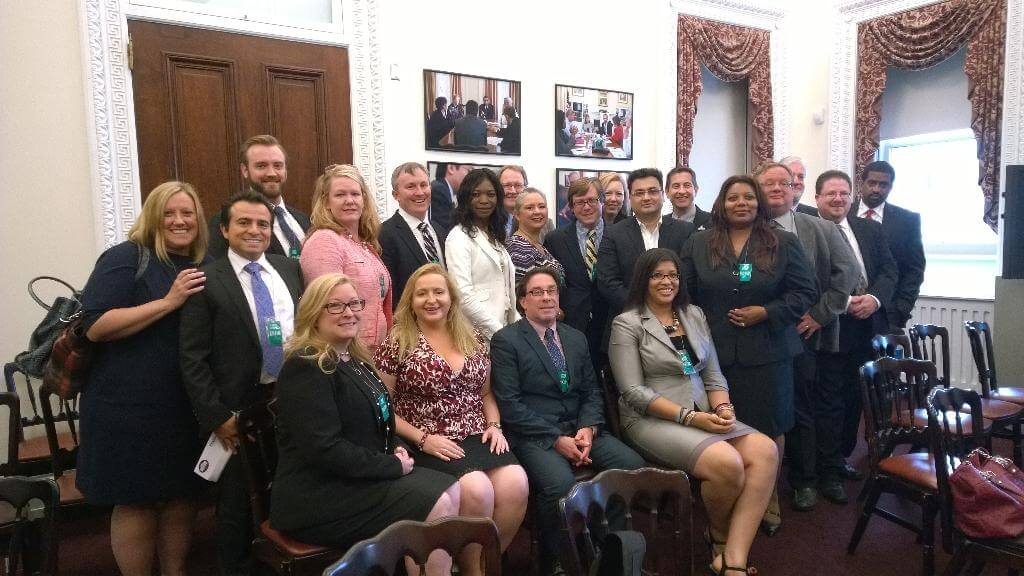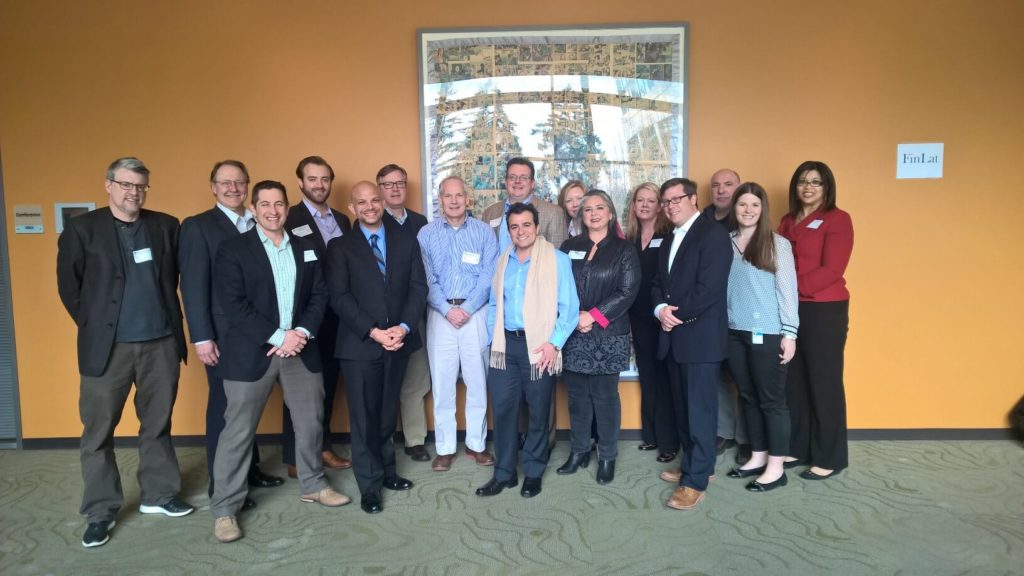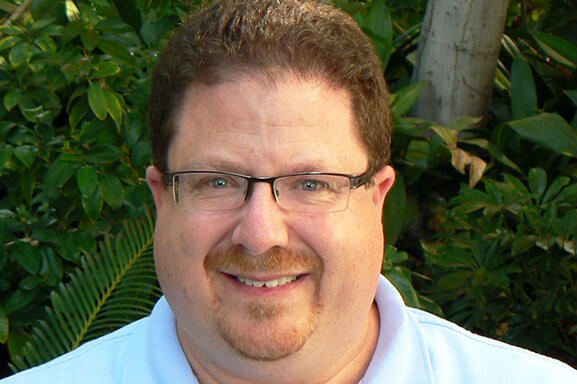On June 28, dozens of educators, administrators, and business leaders gathered at Cavelero Mid High School in Lake Stevens, Washington—northeast of Seattle—for a Regional STEM Summit.
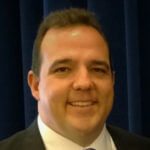
The inaugural event was the brainchild of Holly Urness, Instructional Coach for Secondary Science in the Lake Stevens School District. Holly partnered on planning the event with the Institute for Systems Biology, a Seattle-based nonprofit biomedical research organization. In addition, Voices for Innovation (VFI) leader Bill Hole, who is a tenacious advocate for STEM and computer science education, jumped at the opportunity to support Holly’s event.
“The aim of the event was to bring together teachers and district leaders from across the region to share ideas about the direction of K-12 science learning,” said Holly. Computer science is playing an increasingly important role in the classroom to meet Next Generation Science Standards.
The event included representatives from 12 regional school districts, including 8 rural districts that have special challenges such as a lack of affordable, consistent broadband access.
A Broad-Based Discussion
In addition to K-12 educators and administrators, several professors, business representatives, and non-profit leaders also attended to share their perspective. Businesses said they face ongoing challenges finding skilled tech employees. Greater access to STEM and computer science education will help meet this challenge in the future—benefiting businesses, the regional economy, and job seekers.
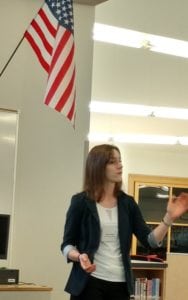
While educators such as Holly Urness are taking the lead at the local level, public policy also plays a vital role in supporting STEM education. Jaren Walker, STEM outreach liaison from U.S. Representative Suzan DelBene’s (D-WA-1) district office, discussed how STEM and computer science education is on the national radar. She also provided an invite for students and educators to participate in the Congressional App Challenge this fall.
Dan Tedor, the STEM Coordinator for the statewide Office of Superintendent of Public Instruction, also shared his views on STEM education trends and opportunities in the state, with a focus on Career and Technical Education (CTE).
In addition to keynote presentations, the STEM Summit included breakout sessions, learning demos, and networking. Bill Hole shared with attendees the current STEM opportunities in Washington and encouraged Summit participants to join VFI. Bill’s company, US Licensing Group, also sponsored the working lunch.
STEM Education Opportunities and Challenges
The Summit made it clear that dedicated educators throughout the region are committed to enhancing STEM and computer science education for everyone. One critical shift is taking place in the approach to K-12 science learning: STEM education—including computer science—must now aim to be broadly inclusive and equitable, giving students of differing capabilities and backgrounds opportunities for learning.
Unfortunately, rural students and classrooms are sometimes held back by a lack of broadband access. Even if students can get online at school, they often cannot continue to learn at home without a broadband connection. Bill highlighted this issue and VFI’s effort to support a federal policy change that will spur deployment of rural broadband using TV white spaces technology.
Voices for Innovation is grateful to Bill Hole and his company, US Licensing Group, for his work to help make the Regional STEM Summit happen. And thank you to Holly Urness and the Institute for Systems Biology as well. Grassroots events like this one make a difference in communities and resonate with policymakers at all levels of government.

